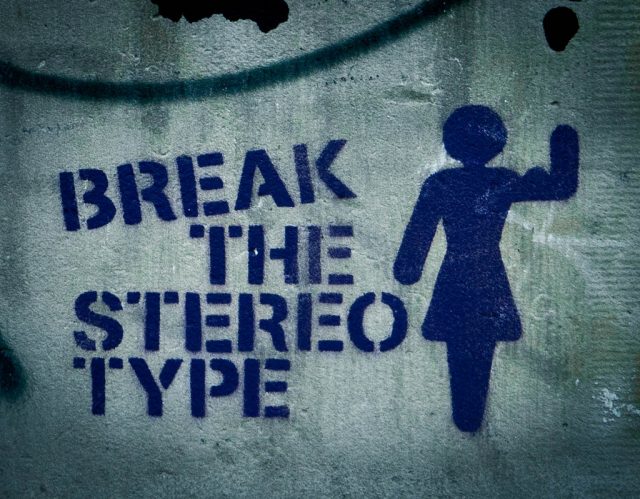“When the European knocks on (the Armenian’s) door, (the Armenian) will start with his unnecessary, unending lamentations, and will bore his guest with his wailing… His being a slave over the centuries taught him to bow his head and beg. He cannot speak of his dissatisfaction without lowering himself. He will either behave like this, or he will be completely silent, leaving everything up to the will of fate.” This is how the main character in Raffi’s “Sparks” describes the behavior of the Armenian people.
The novel was written over 130 years ago. To say that nothing has changed would be unfair. But it has changed and is changing very slowly, if we take into consideration how quickly political and economic developments took place during the same time period in Armenia and in the region; the genocide, wars, revolutions, three independent states, and more. People have stereotypes that are formed over the course of centuries and change slowly- very late, I would even say with difficulty, responding to the outer world’s changeable pace.
This not only is in reference to the Armenian people. The majority of French people are Catholic. The “enlightened ones” in the 18th century and their revolutionary atheism were unable to change that fundamental stereotype. The French also had been used to the traditions of a monarchy for centuries, until the revolutionaries came in with their republican ideals, and then Napoleon declared himself Emperor. But after the turbulent situation that was in place for decades, they once again returned to their “old and kind” monarchy. And it was in demand over decades with the same level of dramaticism until the French were able to accept the ideas of republicanism.
Our people also have stereotypes which are difficult to get rid of. Whenever we say “king” or “kingly brother,” we aren’t referring to a monarchy. That is why we needed to have a republic. A “king” for us was the local governor who needed to fund and to organize our lives. All the “kings” who were alive throughout my life were “bad,” and “treated their people poorly” in the understanding of the people. The last “bad king” was overthrown by the “good king,” Nikol Pashinyan. But his “goodness” is only temporary; in 1-2 years, the people will complain about the Prime Minister in the same way.
Now, the political parties are going to meet with the people, and I think the people will bore their guests with “their unending lamentations and their wailing.” Or am I wrong?
Aram Abrahamyan




















































